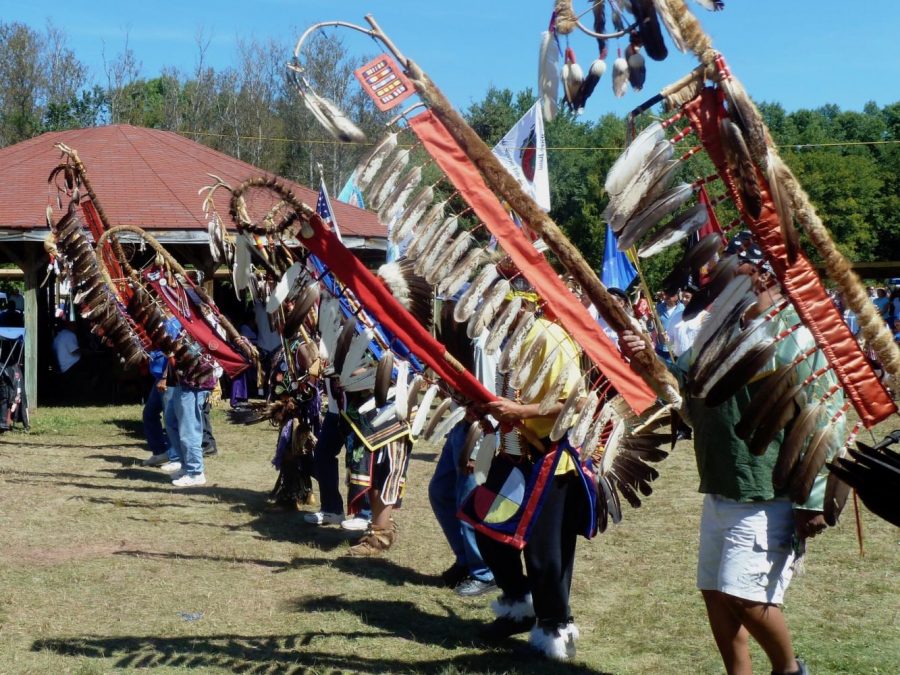CNB Exclusive Interview: Tribal member predicts outcome for legal cannabis on indigenous lands
Cannabis News Box sat down with Mark Anthony Rolo, a member of the Bad River Band of Lake Superior Chippewa tribe in north Wisconsin, to discuss what legal cannabis would mean for his tribe and the Native American cultural landscape.
Aside from being a playwright and author, Rolo has been the director of the Native American Journalists Association, correspondent for both Indian Country Today and Progressive.org.
Rolo said he approached his tribe’s lawyer and one council member two years ago to inquire about whether legal cannabis could be an initiative for the community, but the issue was promptly dismissed. Although legal cannabis was not on the tribe’s radar, Rolo said his community was looking to strengthen the importance of healthcare on the reservation, namely because the substance abuse issues had been plaguing his tribe and others.
“We have such a serious opioid, meth and heroin problem on our land [in which] two or three people died last time I was on the reservation,” Rolo said. “I wonder if people had access to cannabis without the legal trouble, would that make a difference in stifling drug abuse?”
Rolo mentioned the reservation’s health and wellness clinic is very progressive and could possibly open the door for medical cannabis if permitted.
“There’s so much interest in alternative medicine, like natural and homeopathic, that ties into the practices of American Indians using plants from the earth as part of their healing,” Rolo added.
As far as the economic impact of cannabis, Rolo said there are tribe members who object to commercializing natural resources and are weary about bringing capitalistic business practices to the reservation. Rolo disagrees, however, stating he believes a cannabis business model does not necessarily need to be a corporate farm raking in resources.
Rolo explained a community-centric business model which respects the culture and environment could change the public opinion of legal cannabis on tribal land, providing a rare source of income for community members and possibly lower addiction rates.
While legal cannabis can possess a medicinal and economic quality, Rolo mentions the stigma associated with the plant and the hesitation of his fellow tribal members can be a challenge for economic initiatives. Even so, Rolo is not deterred from believing in the benefits cannabis has to offer.
“We have to get back to mother earth and the resources,” Rolo said. “We can integrate [cannabis] into the treatment of our people, and I would hope tribes would have the inspiration to be apart of a larger treatment program.”










